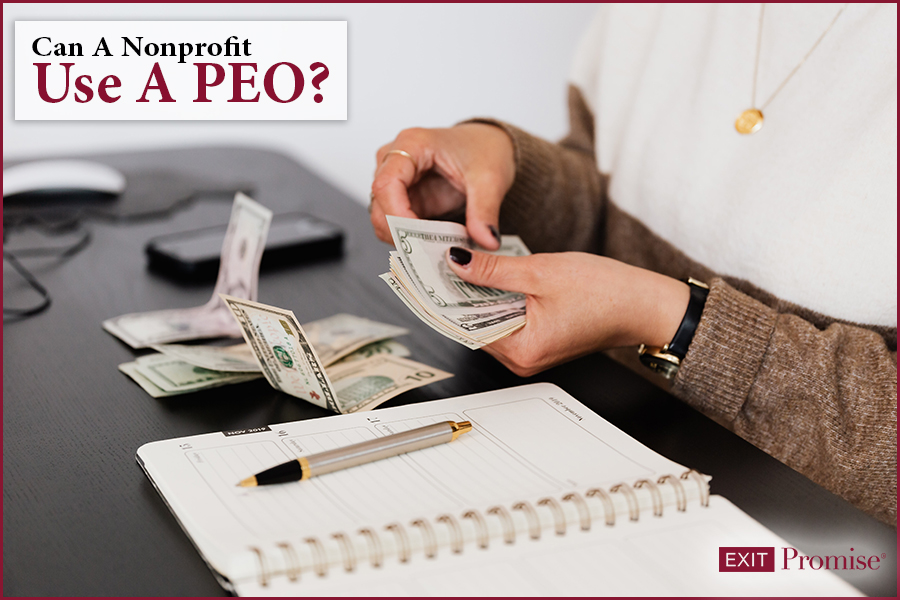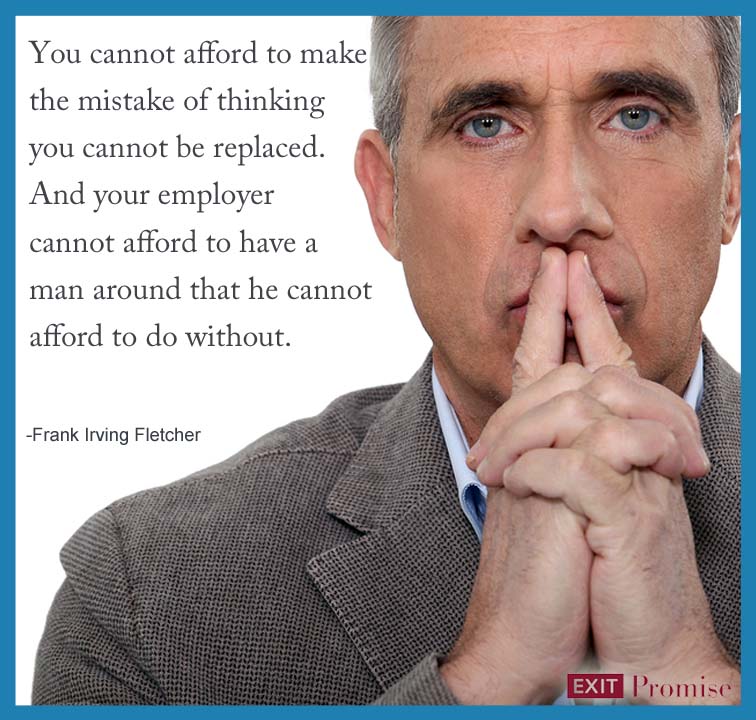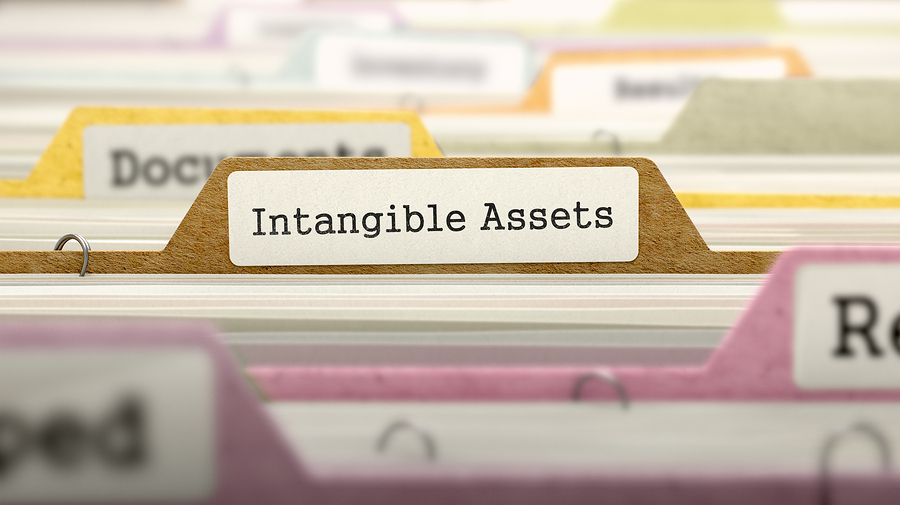Finding a business for sale involves research, networking, a serious commitment of time and resources for due diligence, and above all careful consideration. Whether you are thinking about buying an existing business as an alternative to creating your own startup from scratch, there are many important factors to consider.
Follow our a step-by-step guide to help you find a business to buy.











